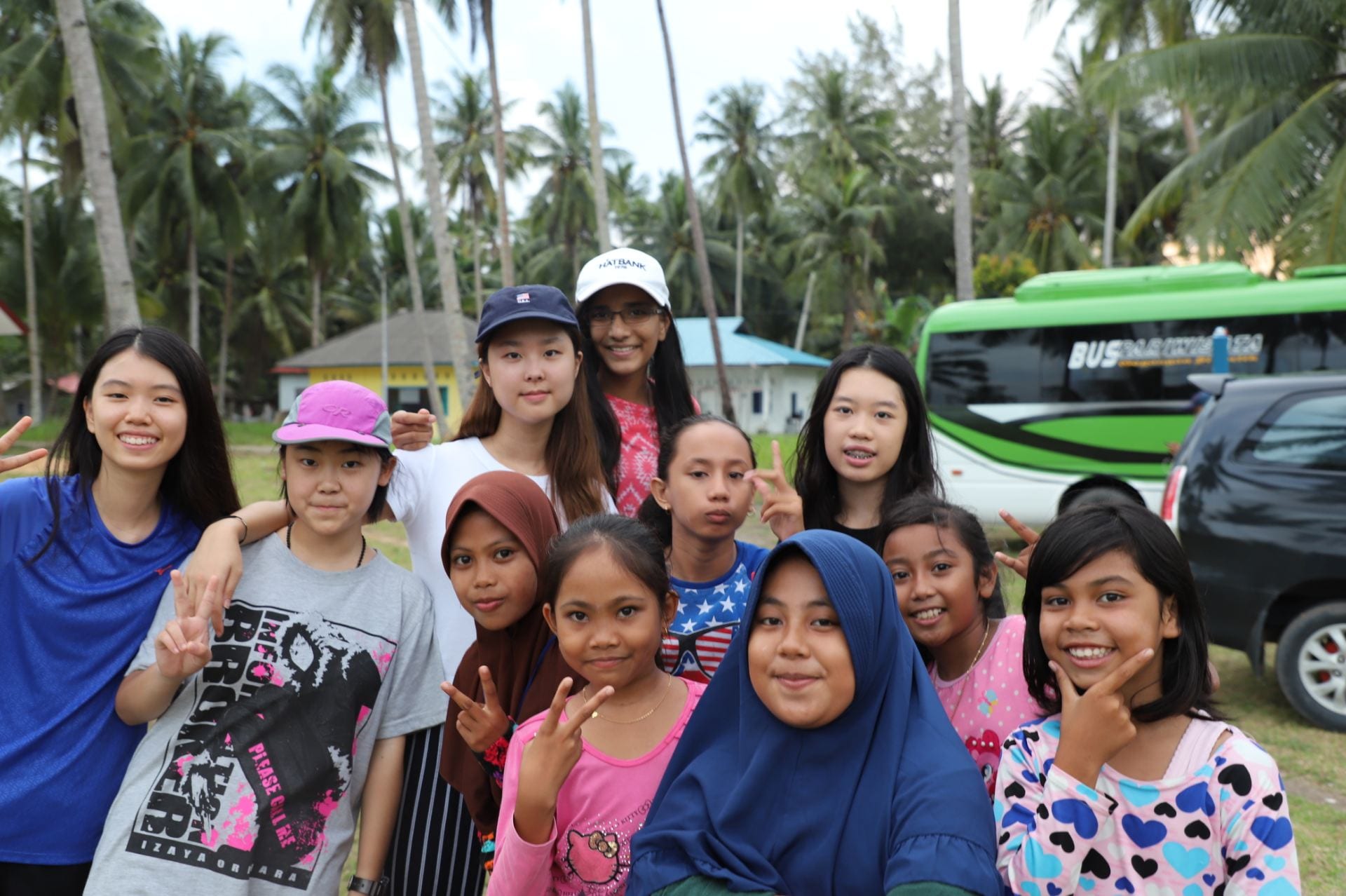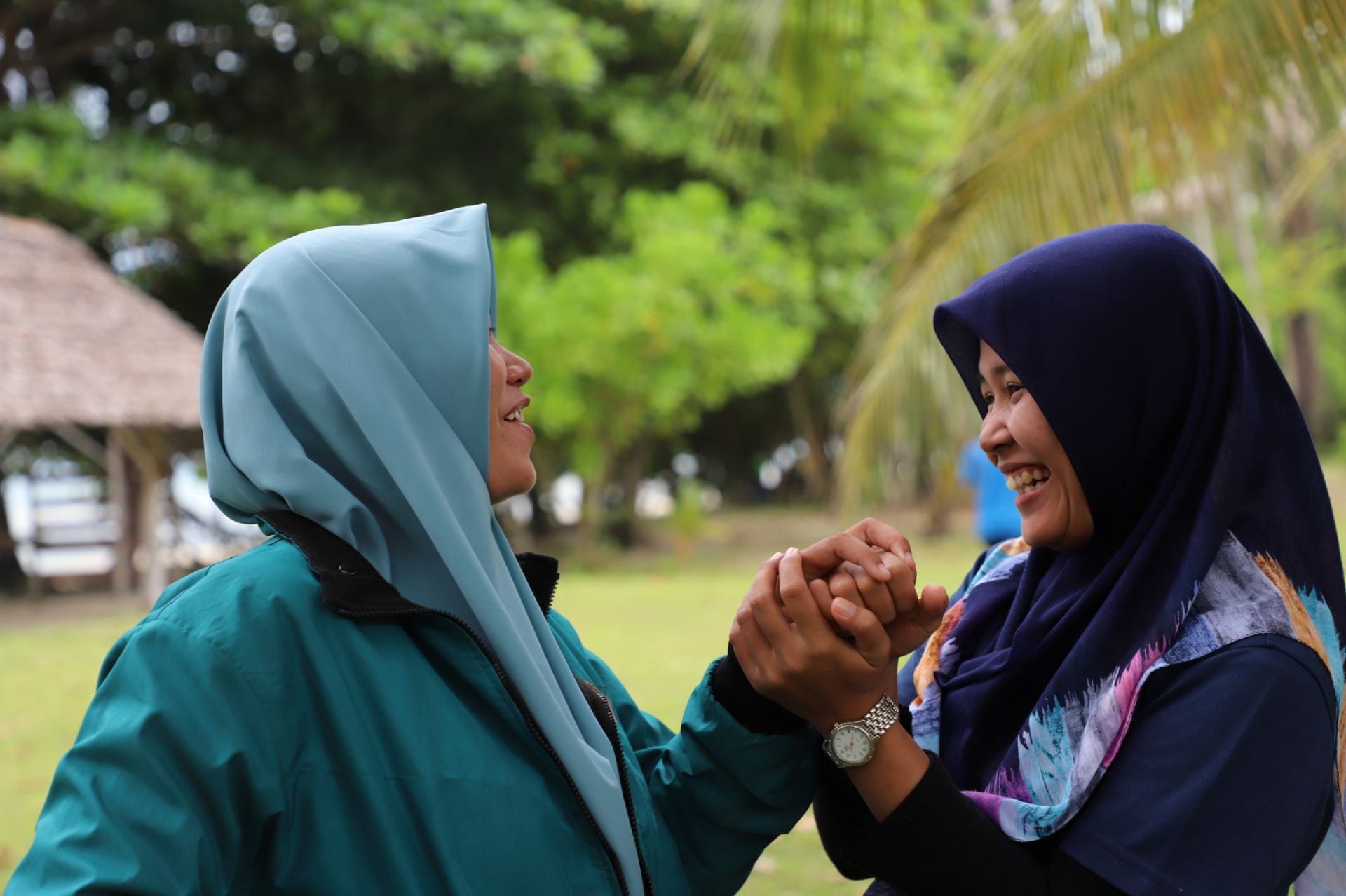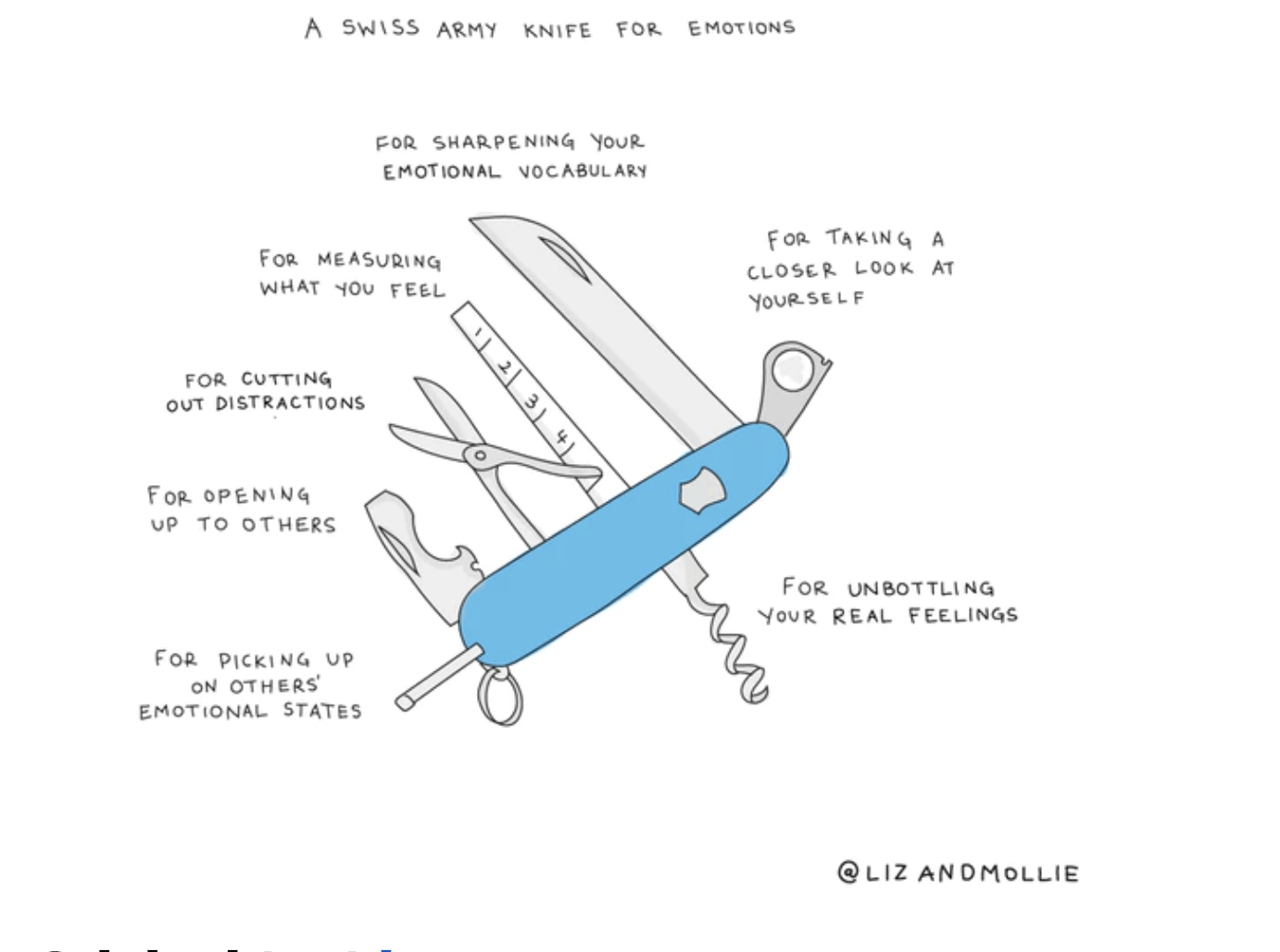Connections Create Change:
The FIB Service Experience
By Megna Srinivasan
From it’s teaching kids to juggle in Circus Club to planting pots in Gardening, most of our students here at UWC spend quite some time participating in a fundamental part of our community – The UWC Service Learning Programme. Whilst our students dedicate an hour or two after school each week to service, the Foundation IB students are given the opportunity to expand their service experience.
This January, the FIB class took a Global Perspectives Service Trip to Bintan, alongside an NGO called The Island Foundation (TIF), with the shared aim of assisting local communities in Bintan through creating lessons targeted to help students with English Communication and the 21st Century skills of critical thinking, collaboration and confidence.
TIF is an International Charitable Organisation, registered in Singapore. It runs an education programme in collaboration with local people in the coastal communities of the Riau Archipelago in Indonesia with a goal to “create lasting change by educating the next generation to create resilient, resourceful problem-solvers, equipped with skills for better prospects in life.”
The UWC-TIF Partnership started 5 years ago as a minimal half-day collaboration that, over the years, developed into 2 three-day trips with students working directly with the NGO in Bintan, Indonesia.

Students spend their time on the trip engaging closely with the community in Bintan by following the 5 Stages of Service Learning: Investigation, Preparation, Action, Demonstration and Reflection – and of course, having fun.
Upon asking Pranav Harish, a FIB Student who went on this year’s trip, what his most memorable moments were, he said with a chuckle, ‘I remember playing with one of the kids on Snapchat, putting different filters on our faces, and she was so happy. It made me feel really good knowing that I showed her something she’s never seen before and gave her a new experience – it was those small connections we made with the children and the community that made the trip stand out for me’.

Daniel Lee, another FIB student on the trip says that his favourite moments were ‘playing football with the TIF Staff and learning more about them in a fun and engaging way’ and also mentioned how this ‘helped develop our connections, making it easier to work together’.
These ‘connections’ are what Mr.Rick Hannah, current Chair of Service UWCSEA East, says is ‘the way to connect students to world issues in a meaningful way – with reciprocal benefits’. Mr. Hannah has seen his share of world issues, be it the slums of Soweto in Africa, trash-picker communities in Jakarta or the effects of the civil war in Luanda, Angola. He recalls the powerful moment, while working with students in Angola, that sparked his long-lasting passion for service learning:
‘I set up an interaction between the local students in the slums of Luanda and our UWC students of similar ages so they could connect; and one of the activities the students there planned for us was about the dance and the arts of the local culture and our students learnt so much in the process – it was all very moving, we were on the receiving end of so much knowledge. After which, our students were like ‘We need to reciprocate’ so they set up a project whereby they taught students Computer Literacy Skills and looked at how they support them with infrastructure as well.’
He goes on to mention that this project was when he saw the true reciprocity and power of service and concludes with the thought
“People from other cultures and places have got so much to share that we don’t know, have or can learn from and vice-versa.”
So, regardless of whether it’s just a sharing snapchat filter or being immersed in ways of Angolan cultural dance, the more connections we make with communities and people different from our own – the more we have to grow and change.

But is simply making connections with other communities conducive to change? Do these benefits of Service Learning also benefit our service partners?
According to Erlina Ramli, The Education Manager in TIF over the past 3 years, the most impactful changes on the students are ones created by ‘the interaction with the UWC Students speaking English – they don’t always get that, because most of the teachers and people around don’t really speak a lot of English. I think that’s one of the best experiences for the students and of course they also learn different kinds of activities from UWC Students as well’.
But, these aren’t the only impacts – Erlina says ‘the ones who benefit the most would probably be the TIF Staff, because not only do they get the chance to learn English as well, but also see the tools you guys [UWC FIB students] use during service (like the compass tool) and now can apply that in their own teaching’.
She goes on to mention how “seeing the interaction between Mr.Hannah and the UWC students, how you guys communicate and work as a group,” is really helpful.
Feeling, seeing and learning from ours connections make all the difference.

If these connections create change – What have we seen happen so far?
Since the start of the UWC FIB Service Trips to Bintan with TIF, the community and our students have seen a few magic moments that show how our process and efforts to come together are worthwhile.
For instance, FIB students created a project with the Panglong community in Bintan which focused on the environment. After implementation, the local students within the community were seen to be more responsive in picking up waste and trash in the community and upcycling and repurposing them to sell in shops and making an income while cleaning their environments as well.
A group of FIB decided to address the issue of diabetes in Indonesian communities by picking apart traditional Indonesian recipes, substituting some ingredients with healthier counterparts – this was where we observed another magic moment. The community took on these proposed recipes and made healthier food decisions as a result.
And, even though this process of ‘Service’ may feel like it takes a while to come full circle to see the benefits, when it does – it’s worth the wait.

Work of Pak Madun, a community local in Bintan, who repurposes trash like shoes, plastics and wood to make and sell artwork
As a UWCSEA Student, one has the opportunity to connect with over 31 local service partners, 23 NGO’S, 9 Focus Groups, and 115 different services groups and projects within our school community.
So, in the words of the quintessential giver, Mahatma Gandhi
‘The best way to find yourself is to lose yourself in the service of others.’








